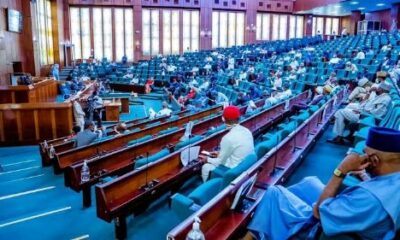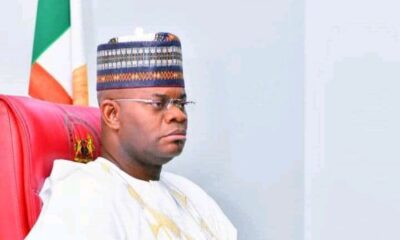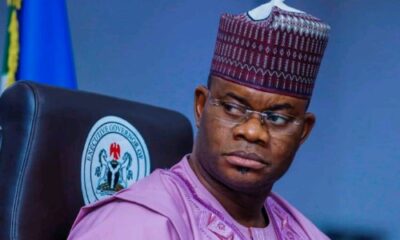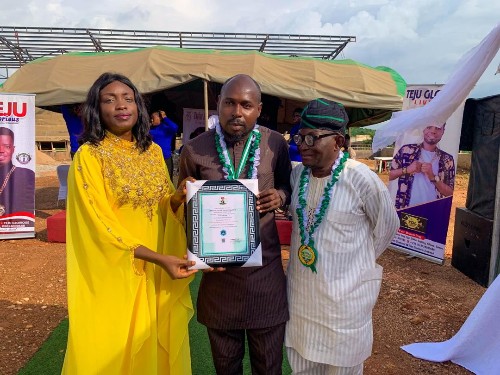In a momentous gesture of gratitude and recognition, the Adron Homes Management Team orchestrated a surprise celebration at the esteemed West Park & Gardens Estate, Paradise City, Ayegun Adron City, Ibadan, Oyo State, Nigeria, on the 12th of May 2024. This grand event, meticulously organized by the Directorate of Estate at Adron Homes, aimed to honor and appreciate the valued residents and homeowners of this prestigious estate.
Under the distinguished chairmanship of Aare Adetola EmmanuelKing, the Chairman/CEO of Adron Homes, the event unfolded with an air of elegance and prestige. Accompanied by many top senior directors including :
Mrs. Ajobo Adenike – Deputy MD, Southern Nigeria;Ms. Shola Orunmuyiwa – Group Director Legal Bureau ;Engr. Stephen Ogunbiyi – Technical Director;Engr Sola Okanlawon – CPC Southern Nigeria;Arch. Bolaji Mustapha – PD Upland World;Mr. Christopher Adeogun-Director Internal Control & Compliance;Engr Kole – Chief Director Power & Energy ;TP Rotimi Dipeolu -Director of Physical Planning and Development ;Ms. Omotola Alonge – Director of Construction & Building Materials,Mr. Michael Oyadele -Director of Public Affairs; Engr Festus Fatunbi-Deputy Project Director Upland World;Mr. Kunle Aliyu -Director of Estate Western World and other esteemed Partners and consultants ,the occasion was a true testament to the community’s significance and vitality.
A highlight of the celebration was the official inauguration of the New Executive Committee of the West Park & Gardens Estate Residents Association (WEPAGERA) by the esteemed Chairman/CEO, Aare Adetola EmmanuelKing himself. With Mr. Idris Adejumo leading as Chairman and a stellar team of executives by his side,which include :
-Elder Abayomi Olatunji – Vice Chairman;
-Mr. Akintunde Akinpelu – General Secretary;
-Mrs. Aderonke Adelakun – Assistant General Secretary;
-Mr. Musbau Yekini – Financial Secretary/Treasurer;
-Mr. Babatunde Adesesan – Assistant Treasurer;
-Mr. Sakiru Opeyemi Aliu – Publicity Secretary;
-Mr. David Akinbi – Assistant Publicity Secretary;
-Dr. Sola Popoola – Ex-Officio/Adviser;
-Dr. Ademola Adebayo – Ex-Officio/Adviser;
-Grandma Esther Adeyemi – Ex-Officio/Adviser;
-Alhaji Ismail Adeyemi – Security Coordinator;
-Mrs. Gbemisola Adelakun – Projects/Maintenance Coordinator;
-Rev’d Olufemi Tokede – Zone 1 Coordinator;
-Mr. Oyewumi Adelakun – Zone 2 Coordinator;
-Mrs. Elizabeth Olade – Zone 3 Coordinator
the committee embodies a vision of unity, progress, and excellence, promising to steer the community towards greater heights.
Residents, professionals, and top senior officials from Adron Homes alike were swept up in the joyous atmosphere of the event. Questions were entertained by the Adron Team, fostering an environment of open dialogue and camaraderie. Residents were encouraged to embrace a culture of inclusivity and neighborly love, transforming West Park And Gardens Estates into a beacon of hospitality and warmth, attracting potential landlords seeking solace in its tranquil surroundings.
The Adron Homes Management Team pledged their unwavering support to the newly inaugurated WEPAGERA committee, vowing to work hand in hand to make West Park & Gardens Estate the epitome of excellence in the entire southwest region. The residents, in turn, expressed their heartfelt appreciation for this initiative, applauding the management of Adron Homes for their commitment to their well-being and happiness.
As the celebration drew to a close, filled with laughter, music, and entertainment, it symbolized not just a moment of revelry, but a reaffirmation of the strong bonds that unite West Park & Gardens Estate. In this enclave of luxury and harmony, residents and management alike come together to create a thriving and prosperous community, setting a shining example for others to follow.
See photos below:









 BIG STORY1 day ago
BIG STORY1 day ago
 BIG STORY4 days ago
BIG STORY4 days ago
 BIG STORY5 days ago
BIG STORY5 days ago
 BIG STORY1 day ago
BIG STORY1 day ago
 BIG STORY4 days ago
BIG STORY4 days ago
 BIG STORY2 days ago
BIG STORY2 days ago
 BIG STORY2 days ago
BIG STORY2 days ago
 BIG STORY4 days ago
BIG STORY4 days ago













































